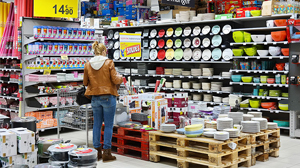
If you’re like me, when you start getting serious about selling online you realize pretty quickly how difficult it is to find profitable products to resell.
In your search, you will encounter numerous gurus and courses on how to find products to sell. You’ll hear anything ranging from “sourced from China,” “private labeling,” “dropshipping,” and so on, showing a lot of bling while offering a lot of vague advice.
This can be a very scary time. Especially if you’re trying to make every decision and dollar count.
There is the fear of getting scammed, losing all your money, not receiving the products you expected, and worst of all, receiving products that sell slower than molasses going uphill in January.
Below are a couple examples for you to see how easy it is to make this costly mistake.
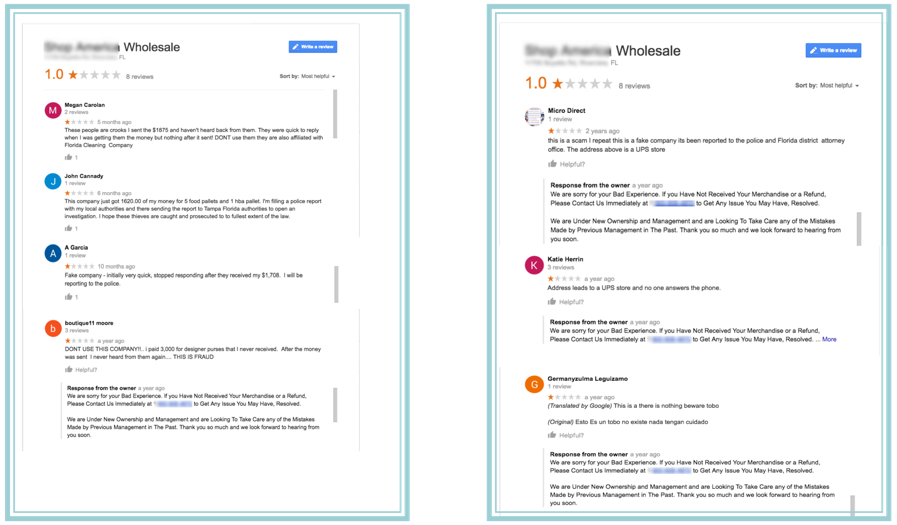
Don’t be fooled by the management rebuttals. As you can see, this company continues to scam people, even very recently.
This is not your fault and you are not alone.
Everyone goes through this scary period when starting to sell online. I’m not going to sugar coat it, either.
It’s true. People do get scammed. People do lose all their money.
So you’re 100% justified in being cautious and slow to make a decision.
But don’t worry! The tips I’m going to share with you in this guide should help.
I was facing the same fears when I started my search for products to sell online. I was pretty new to this online thing, so I bought a course by a well-known online selling “guru”.
One of the recommendations from him, was to source products from overseas wholesalers. He even went as far as selling you a list of “verified” vendors that you could trust.
I went ahead and located one on the list that had products I was interested in. He specialized in computer software. Since I had some IT experience after working with my husband, I decided to start there.
The prices were great, and I could see myself making a killing on these. The vendor stated they were an authorized international software distributor. They had phenomenal reviews and 4.5 out of 5 stars feedback.
I went ahead and placed an order.
When I received this popular software from the vendor, they were all sealed and in, what appeared to be, original packaging.
Upon visual inspection, they were perfect. They were sealed in manufacturer packaging and had all the serial numbers etc.

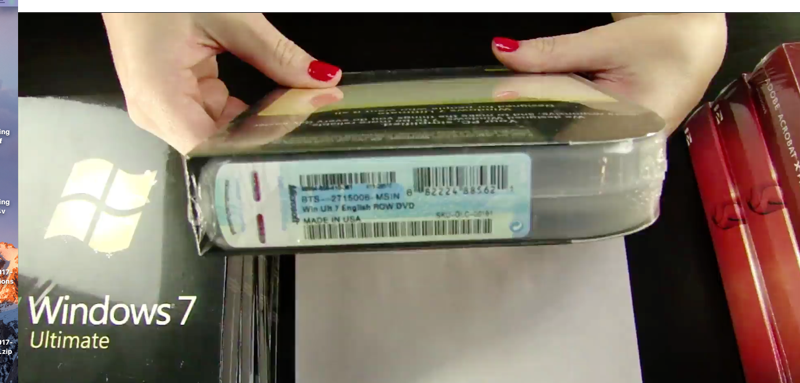
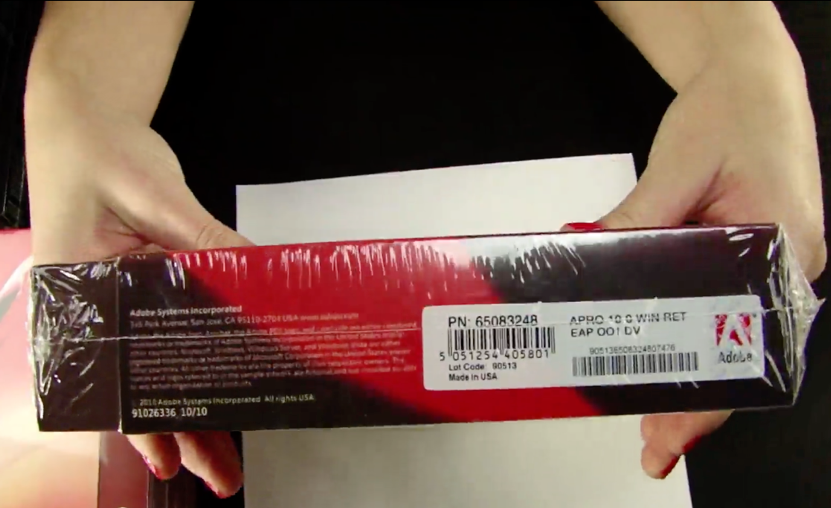
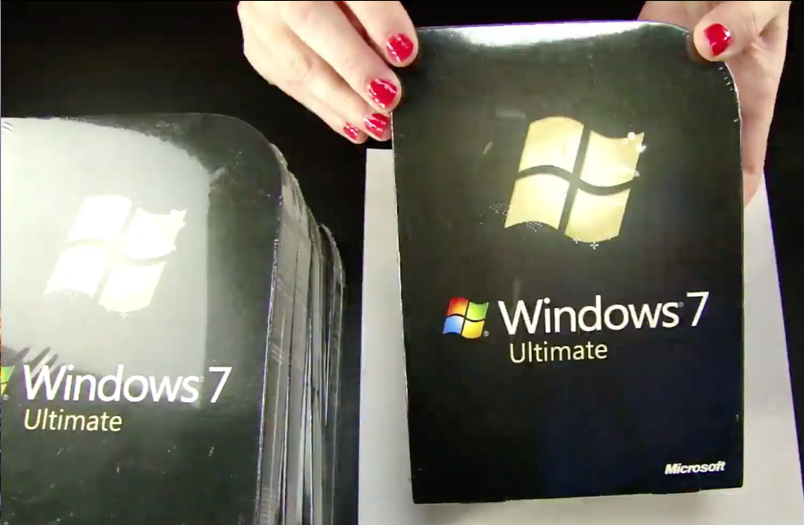
I even went to the local Office Depot to compare the ones I had bought from overseas, with the ones on the shelves.
They were identical!
Naturally, since I was a rookie, I got excited.
Without a second thought, I started selling.
And boy, did they sell fast!
I sold out my 1st batch in days.
I immediately ordered another batch—this time an even larger order. I even had the seller expedite the shipping so I could get back to selling ASAP.
A few weeks after shipping the first batch of products to my customers, I started receiving some SERIOUS complaints and support requests. Most buyers were unable to activate the software. Others reported the disks were blank, unreadable, or cracked.
It turns out the software was all counterfeit.
When I reached out to the vendor, I immediately knew I was in serious trouble. He stopped responding to my complaints and refund requests.
I had spent all the money I had gotten from my initial sales to place my second order.
I couldn’t even afford to refund the buyers!
I had just been scammed! By a seller in China — recommended by a so called “guru.”
Oh I was fuming! I felt taken advantage of, purely because I was a newbie. So naturally, I went back to the guru’s Facebook group and asked the question.
Here’s a screenshot:

After over 40 comments by others complaining about other “recommended vendors”, the “guru” came on and you want to know what their response was?
Here, take a look:

Yep! He even plugged his product! The nerve!
Despite all of the complaints from me, and several other students of the course, these scammy vendors remained on his “approved and vetted vendor” list.
Why? —Because the vendors had paid to be on it!
After this nightmare, the biggest risk to my business was that my online selling accounts were facing the threat of being shut down! eBay and Amazon have a zero tolerance policy for sellers dealing in counterfeit products.
Even though I was finally able to refund all the buyers, my Amazon account was suspended. It was years before I was able to recover the account, through a process I would not wish on my worst enemy.
I was able to salvage my eBay account after issuing refunds. However, for a while there, my fledgling new business was again on the verge of being extinguished. It’s not like I had tons of money to refund people! I was just a newbie!
My experience with this “guru” is the biggest reason why I teach people how to find legit vendors on their own, just like I did. I don’t have a special “approved vendors” list that someone can may me to be a part of. And I NEVER will.
By the way, this was just one of the many rookie mistakes I made.
It forced me to come up come up with the 10 vendor approval guidelines I’m about to share with you, below.
Here is how to avoid the all too common nightmare of being scammed as a seller.
I. Always Do Your Due Diligence!
So when picking a vendor to source your inventory from, you’re going to want to do extensive research on them prior to making your first purchase.
This process includes making sure they have a physical address and phone number. Check that both of these are real. Don’t just trust what you see on a site.
Make sure the vendor is active on social media—NOT just their website. Vendors can control their website reviews and comments, so you want to check alternative sources that are out of their control, such as Ripoff Report, Yelp, Google, Facebook, Instagram, Twitter and more.
II. Check For The Vendor’s Responsiveness.
You’re going to want to test how responsive they are. Are they interested in your business? Do they understand what you’re looking for? Are they willing to work with you in any way that they can, to provide you with top inventory? How fast do they respond to your questions, calls or emails?
Remember: if a vendor is unresponsive before you buy, it only gets worse after you buy.
III. Start Small.
Once you get a feel for a vendor and you’re ready to make your first purchase, YOU MUST START SMALL.
This is extremely important—skipping this step could cost you big bucks!
Even though you may have spent several telephone conversations explaining to your vendor what you are looking for as far as quality, conditions, and quantities, you want to buy small so you can see the products for yourself.
Unless you are able to physically see the inventory before purchasing it, don’t take the chance on investing too much money into products, when you’re just taking the word from another person.
Once you make your first SMALL purchase and you can confirm that you and your vendor are on the same page about quality, your business’ long term needs, etc. Then you can make larger purchases with the proper communication.
Remember: you can recover from losing a small amount of money, if the vendor turns out to be dishonest. Take it slow. Let them prove themselves with more than just their word.
IV. Look For A Vendor Who Will Build And Maintain Trust With You.
Without being able to physically see inventory, you’ll be counting on a vendor’s description of the product, pictures, and opinions of the goods. You are truly putting your trust in them to provide you with the correct information.
Which means that when you receive the products, they better be exactly as the vendor represented them to you prior to purchase.
If they aren’t, end the relationship. You can’t trust them! It’s obvious they’re just trying to make a quick sale, at the expense of your good will.
A good vendor will want to take the time to build a relationship with you. To this day, long after I sold my business, I still receive phone calls and texts from vendors I worked with over the years. They just call to say hello and see how my family and I are doing! The relationships you form with a good vendor will last forever.
A good vendor will never take advantage of you! They won’t just go for the fast-and-easy sale. They’ll take their time getting to know you, your needs, and what you expect.
V. Avoid Brokers & Middlemen
Always check to see how close a vendor is to the source of the products you are buying. This ensures you’re getting the best possible price, and the most accurate information about the product.
Some of the national retailers you’ll be getting your overstock products from will have an internal department that handles the secondary market, or they’ll use a 3rd party overstock wholesaler.
You’ll need to find out if the vendor you’re dealing with is a broker or an actual wholesale liquidator. The further away you are from the source, the more you’re paying.
Remember, all those cats on the food chain gotta eat!

VI. Avoid Double-dippers (Aka Cherry Pickers)
Does the vendor sell both wholesale and retail? THAT IS A HUGE RED FLAG.
Most of the time these are what we call cherry pickers— someone who will filter through products and pick out the best ones to sell as retail. Then they bundle together what they consider to be JUNK—and sell that to you! Red flag again!
Stay as far away from those guys, as humanly possible.
A good rule of thumb: the bigger the vendor is, the less likely it is that they even have the time to cherry pick.
I’ll tell you one reason why.
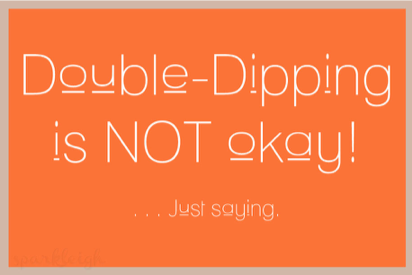
Why You Need To Get As Close To The Source As You Can
When a vendor is an agent for, say, Best Buy—basically they are contracted by Best Buy to move ALL their overstock merchandise. This means they are receiving 4 to 10 truckloads per day. The agent has to accept the truckloads, and they have to move the product as fast as possible, just to maintain that contract with Best Buy. Without moving product and making room for the next truck load, they lose the contract. And those contracts are gold! I know a company that recently went belly up due to losing ONE contract with a huge retailer. (Sorry folks, can’t name names!)
In my overstock business, through research and diligence, I eventually got as close to the source as I possibly could. This is what maximized my profits.
VII. Visit the warehouse

Of course if you are able to, you are going to want to visit the warehouse personally.
Now, many of my vendors were in different states, so I was unable to visit the warehouses.
But, if you are in close proximity to a vendor you are interested in, definitely set up a time to go visit.
A visit will give you a firsthand look at to the type of products they have, as well as the systems they may use.
If a vendor does not want you to visit their warehouse, that is another red flag. An honest and trustworthy vendor has nothing to hide. They will be thrilled that you want to visit their warehouse–because you are a potential customer. They will want to build a relationship with you!
In fact, good vendors usually love to show off their facilities. If you can’t travel, then at the very least Skype or FaceTime with them—especially the first time you are making a purchase.
VIII. Make Sure The Vendor Has Reliable Payment Methods.
What payment methods do they accept? A vendor should be able to process credit cards and/or PayPal transfers.
Never pay a vendor with a wire transfer or cash. Especially if it’s your first purchase.
If they tell you that’s the only mode of payment they accept—RUN.
If something goes wrong with your purchase, and you’ve paid with a wire transfer, you have no protection or process for recourse. You can basically kiss the money you spent good-bye.
A reputable vendor would have no problem accepting a credit card payment (even if they charge you a fee for it) and would stand behind their products.
Now, just to clarify: in this industry, with most vendors, all sales are final.
HOWEVER, if you order 2500 purses and receive 200 empty shoe boxes, you will have ground to appeal through your credit card company or PayPal to file a dispute for the transaction with the proper documents.
After my first time getting scammed (where I wire transferred the money, DOH!), I was lucky. I used this vendor-approval list that I’m sharing with you now, and found incredible reps, wholesalers, and agents. They are all honest, and jumped quickly to resolve any issues I ever had.
IX. Bring A Healthy Skepticism To Vendor Promises.
Stay away from any vendors who claim you will make a certain dollar amount per day or week. No one can determine that. That will only be determined by your product research, following a proven sales system, and the amount of work you are willing to put into your business.
X. Never Pay To “Join”
And lastly, never pay to join a vendor buying club or whatever fancy program they have. A reputable company doesn’t need to charge its potential buyers for the privilege of “creating an account.” They make their money and sustain their business by selling you good products and providing excellent service.
My nightmare vendor experience almost put me out of business.
But it didn’t. I survived it and lived to tell about it.
My Hope For You.
I sincerely hope that this guide helps you avoid the pitfalls that numerous sellers, of all experience levels, fall for at least once in their business lives.
Sadly, I still see these incidents happening even today. There are countless horror stories on the Facebook groups I’m still a member of. I finally got tired of seeing people getting conned, and losing their hard earned money.
I cannot stand the fact that this is STILL going on in this industry.
Since I have overcome the challenges most online sellers are facing today, I decided to do something about this.
First, I started answering questions on these Facebook Groups and Online Forums. Then I realized that I was answering the same questions over and over again. (Plus it was taking away from beach time, ya-know!)
Next, I created these guides so that all I had to do to answer a question was share the link.
If this was guide helpful to you, please share it with someone else as well.

And if you and I can save one more person from this nightmare—then I’d say Mission Accomplished.
Thank you again for investing your precious time to go through this guide.
If this is something that you are struggling with and you don’t want to try to do this yourself.
Remember my friend, you are no longer alone on this journey.
Amy Q.


